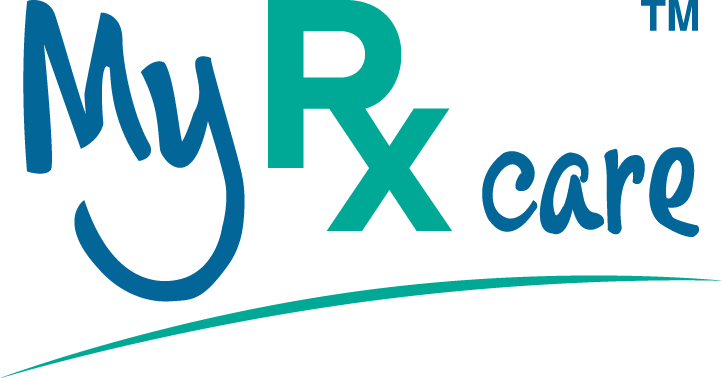Patient education: services provided by assistance programs for patients taking biosimilars
Biosimilars are a newer class of drugs that are designed to be similar to biologics, but they are not exact copies of the original biologic. Biosimilars offer a more affordable option for patients who need treatment for chronic and life-threatening conditions, but they can also pose challenges for patients and their caregivers. That's why many pharmaceutical companies offer patient assistance programs for biosimilars to help patients access, understand, and use these medications.
Here are some of the key services that a patient assistance program for biosimilars may provide:
- Access to medication: Patient assistance programs can help patients access biosimilars by providing financial assistance, coordinating with insurance providers, and facilitating the process of getting the medication from the pharmacy. They can also provide education on different options for obtaining the medication, such as home delivery or local pick-up.
- Educational resources: Patient assistance programs can provide educational materials to help patients understand the conditions they are being treated for, the mechanism of action of the biosimilar, and how to use it properly. This may include written materials, videos, and other resources that are easy to understand and accessible.
- Clinical support: Patient assistance programs can provide clinical support to help patients manage their condition. This may include answering questions about the biosimilar and its side effects, providing information on disease management and lifestyle changes, and connecting patients with healthcare providers and support groups.
- Medication reminders: Patient assistance programs can provide medication reminders to help patients stay on track with their biosimilar treatment. This may include text message reminders, email reminders, or phone calls to remind patients to take their medication and keep track of appointments.
- Coordination with healthcare providers: Patient assistance programs can coordinate with healthcare providers to ensure that patients receive the best possible care. They can facilitate communication between patients and healthcare providers, provide updates on the patient's condition, and ensure that the patient is receiving the appropriate treatment.
- Switching assistance: For patients who are switching from a biologic to a biosimilar, patient assistance programs can provide support and guidance to make the transition as smooth as possible. This may include information on the differences between the biologic and the biosimilar, what to expect during the switch, and any other relevant information.
Patient assistance programs for biosimilars are designed to help patients overcome the challenges they may face while taking these medications. These programs can provide access to medication, educational resources, clinical support, medication reminders, coordination with healthcare providers, and switching assistance. By providing these services, patient assistance programs can help patients manage their conditions effectively, improve their quality of life, and achieve better health outcomes.

